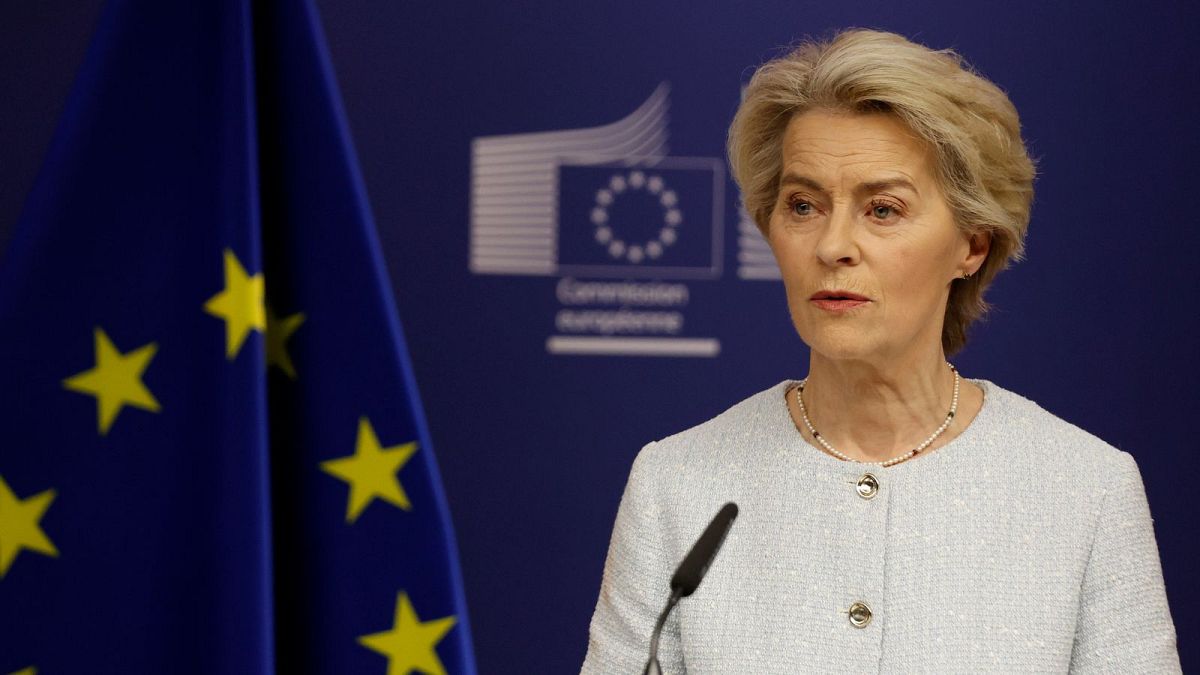The additional funds bring the total amount of monetary aid provided to more than €100 million for 2024.
The European Commission has announced that a further €30 million in humanitarian aid will be sent to Lebanon as Israel’s conflict with Hezbollah escalates.
The boost follows the additional €10 million provided at the end of September, bringing this year’s total amount to more than €104 million.
The aid package aims to bolster humanitarian support in Lebanon through food, shelter, healthcare and other essential services.
“Our new funding will ensure civilians receive much-needed assistance during this very difficult time,” said European Commission President Ursula von der Leyen. “We continue to call for a ceasefire across the border with Lebanon and in Gaza, as well as for the release of all hostages.”
Humanitarian situation is ‘catastrophic’
Israel’s air and ground campaign has deepened the already precarious humanitarian situation in Lebanon, displacing hundreds of thousands of Lebanese civilians and killing more than 1,000, according to Lebanon’s health ministry.
Thousands are sleeping on beaches or the streets.
The World Health Organization said over 30 primary healthcare centres around Lebanon’s affected areas have been closed.
Medical staff are struggling to cope with the daily influx of new patients and under government emergency plans, hospitals and medical workers have halted non-urgent operations.
“The humanitarian situation is catastrophic,” said Hassan Dbouk, the head of the disaster management unit in the ancient Lebanese city of Tyre, where many have sought refuge.
He said that there were no pre-positioned supplies, such as food parcels, hygiene kits and mattresses, and moving trucks now is fraught with danger.
Farmers have been denied access to their land because of the bombings and the municipality is struggling to pay salaries.
One of the district’s four hospitals shut down after sustaining damage from a strike that affected its electricity supply and damaged the operations room.
In two other hospitals, glass windows were broken. For now, the city’s hospitals are receiving more killed than wounded.
‘Grappling with multiple crises’
An economic crisis that began in 2019 and the massive Beirut port explosion of 2020 have left Lebanon struggling to provide basic services such as electricity and medical care.
Political divisions have left the country of six million without a president or functioning government for more than two years, deepening a national sense of abandonment reaching down to the people the country depends on in emergencies.
Lebanon is “grappling with multiple crises, which have overwhelmed the country’s capacity to cope,” said Imran Riza, the UN’s humanitarian coordinator for Lebanon.
Meanwhile, rubbish is piling up on the streets across Lebanon as the number of municipal workers has shrunk from 160 to 10.
Read the full article here
